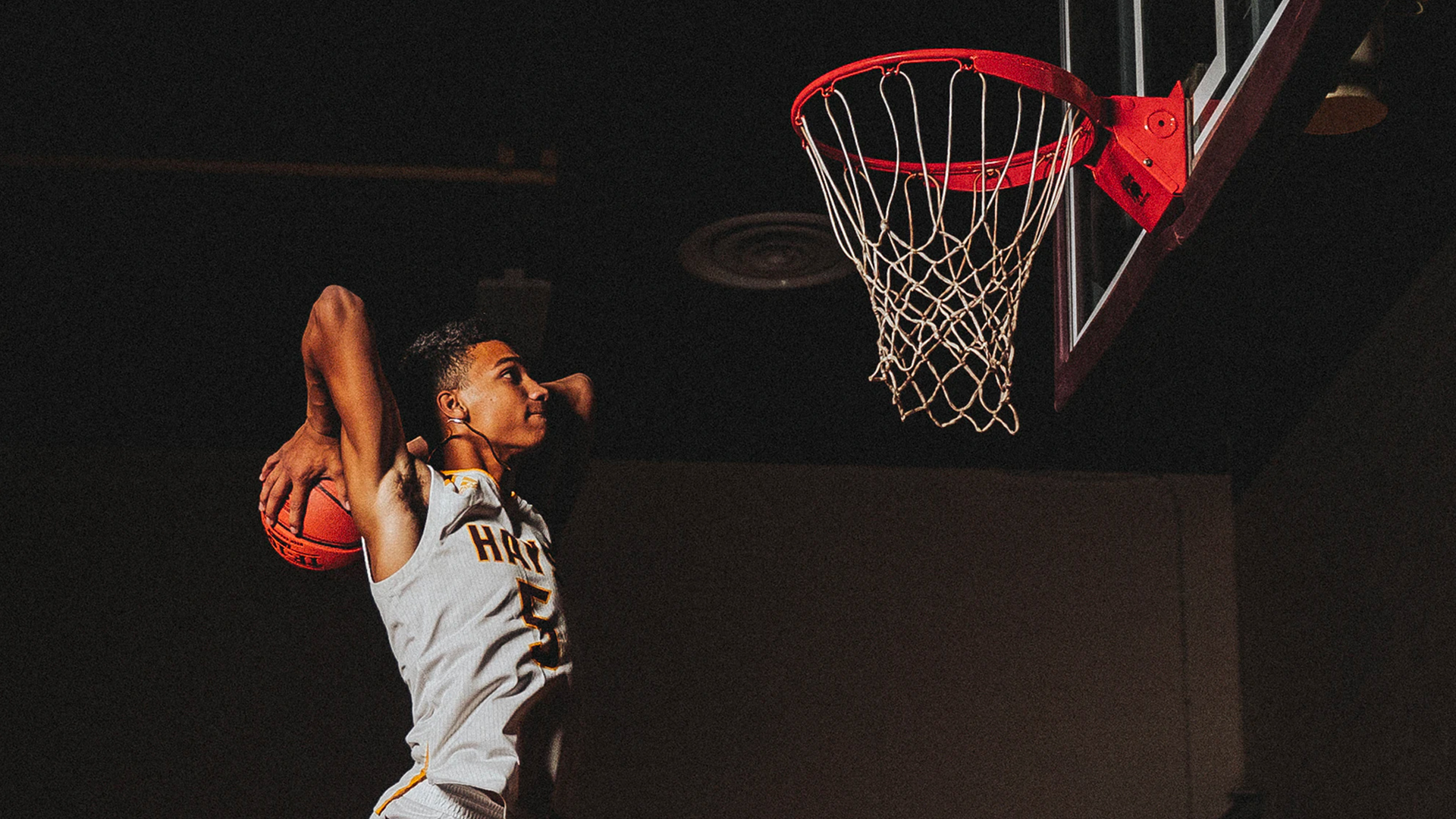Tuesday, May 14 marked one year since the Supreme Court of the United States lifted the federal ban on sports betting in the U.S. and turned it over to individual states to determine its legality at their level. In that time, and as a reminder that the legislative wheels turn slowly at all levels of government, seven states have joined Nevada to offer legalized sports gambling; four more (New York, Arkansas, Montana and Indiana), plus the District of Columbia, are very close; while 31 additional states are moving toward legalization.
All of which underscores an evolved attitude and voracious appetite for the suggested spoils of what once might have been considered, at best, a sin tax.

For the states that have adopted legal sports betting, it’s fair to say that the financial results have been mixed, with several of them falling notably short of tax revenue projections, and none of them having hit the proverbial jackpot to their budget woes.
However, there’s no doubt that the availability and promise of sports betting has already opened up new revenue streams across the sports business ecosystem. Stakeholders in all corners have rallied, if not rushed, to position themselves to leverage new income opportunities.
As a result, and this is no exaggeration, not a week goes by without a notable new partnership being announced or some type of development occurring from a business standpoint. Here’s a look at how legal sports betting is fueling the economic engine of sports in the U.S.:
Monetizing the Data:
All major North American professional sports leagues have signed partnerships with prominent casino and sports betting partners, allowing these partners access to official data and statistics and the ability to market the fact to their customers. Similarly, the leagues have also partnered with leading providers of integrity services, companies who monitor and analyze in-game action and post-game results for any irregularities. These deals have provided leagues with both peace of mind and, to an extent, a piece of the action.
Fan Engagement:
No matter whose survey results you reference, and there are plenty of them, the findings are clear as day that people who wager more, watch more. As a result, sports betting is looked at as both a fan engagement mechanism and a fan development tool, which is none too important in today’s culture of fractured attention spans and highlight-focused mindsets. For leagues, teams and especially broadcast partners, anything that will get more fans to watch more (and longer) is a winning proposition (bad pun intended).
TV Rights:
The NFL’s broadcast rights are up in 2021, while the NHL’s are up in 2022 and both the NBA and MLB are tied up until 2025 and 2028 respectively, but really at this point it’s less about TV and more about general distribution—across whatever platform or device one might use. As a result, leagues and teams, who hold local or regional broadcast rights, will evaluate new ways to maximize the monetization of their intellectual property, while sports betting operators entice both the properties and the media companies with new ways to attract eyeballs and engage fans.
Content:
The development and distribution of a wave of sports betting-focused content is already well underway. Tune into sports radio and hear much more prevalent discussions about betting lines, not to mention branded content via expert call-ins, while national sports broadcast programs are becoming more overt in their references to betting lines and other details. Add to that a growing series of partnerships between national broadcasters and gaming companies, such as Turner Sports’ and ESPN’s recent partnerships with Caesar’s Entertainment, the establishment—and rapid growth—of new platforms such as the Action Sports Network and Vegas Stats & Information Network, and Fox Sports just last week announcing plans to launch a legalized sports betting product (FOX Bet) this fall (not coincidentally just in time for football season) and it’s obvious a new era is upon us. Brands who are interested in reaching this attractive demographic will be lining up to advertise, sponsor and partner with these media entities because of the engaged audiences they will deliver.
Competition:
It won’t be long until legalized bookmakers will establish themselves as bona fide sports sponsors, alongside longstanding leaders from traditional categories like auto, insurance, banking and more. As legal sports betting spreads across the country, providers will develop the scale and seek the reach that sponsorship provides, and in the process inject the revenue that sponsorship delivers. One doesn’t need to look too far back to remember when nearly every available sports marketing asset was being snatched up in the great daily fantasy arms race.
A year ago, I wrote that the legalization of sports betting would be a seismic change and more disruptive than the emergence of esports. While the roll out continues at a measured pace, the reality is that the foundation is being built, the activity is becoming more widely adopted and its presence has become decidedly more accepted, all of which will combine for a U.S. sports fan experience unlike any in the past as we enter this century’s third decade.



